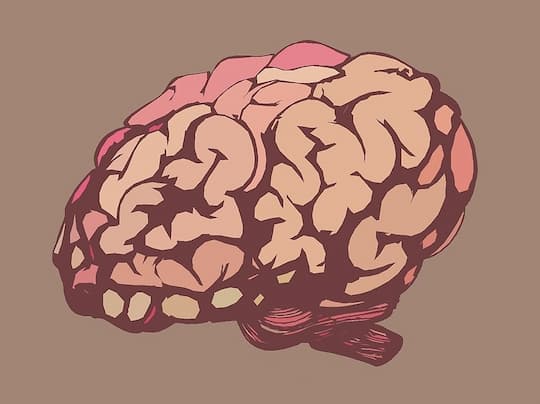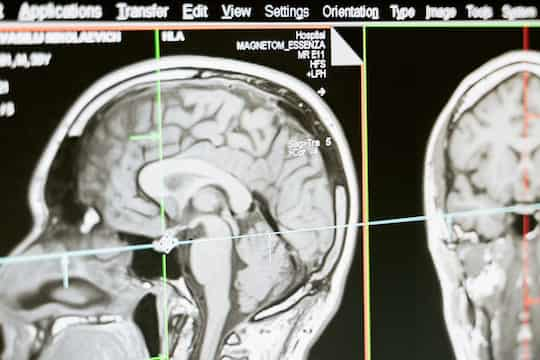It provides an extra layer of protection against dementias like Alzheimer’s disease.
Being married or in a close relationship almost halves the risk of developing dementia, research finds.
It is likely because those in close relationships have an extra layer of protection against depression.
Depression is a known risk factor for dementia.
Professor Eef Hogervorst, who led the study, explained it could also be down to a healthier lifestyle:
“It might be because other studies often found that married men on average have healthier lifestyles than single men – such as better diets, less alcohol, less smoking and more and earlier health services visits.
Another explanation could be that married couples will try to cope with dementia symptoms on their own for longer before health services are involved.”
The six-year study tracked 6,677 people aged between 52 and 90 to look at the connection between close relationships and Alzheimer’s disease.
It emerged that relationship quality was more important in protecting people against dementia than quantity of relationships.
Professor Hogervorst continued:
“Single people will need help to cope with their symptoms earlier.
Not being married almost doubled the risk for developing dementia.
On the other hand, having close relationships independently reduced the risk by 60%.
We did not find that social isolation per se increased risk but that feeling lonely did, by 44%.”
Along with being single, other risk factors for dementia included heart disease, hypertension, and depression.
Professor Hogervorst said:
“We know that depression and heart disease risk factors are risk factors for dementia.
And, loneliness had a similar strength of association as the heart disease risk factors.
This has been mentioned before for other morbidities where loneliness was said to be as bad for health as smoking.
We are social creatures and reduction of stress through social support may be more important than previously thought.”
Enhancing older people’s relationship quality could be one key to staving off dementia.
Professor Hogervorst said:
“Being lonely can be associated with depression and this has been associated with dementia.
As most people with dementia stay at home most of the time, we try to use technology to do activities which include others, such as modified forms of Facebook, cognitive stimulation therapy and exercises in virtual groups.”
The study was published in The Journals of Gerontology (Rafnsson et al., 2017).










